New car dealers have built-in help with marketing, training, financing, and more — what do we, the aftermarket, have? Each other.
Why one should join a trade association is a question that is as old as trade associations themselves. It is a fair question; after all, what do you get for your dues and time spent at an association event? Association benefits typically include networking, representation in the legislative process, regulatory information, purchasing discounts, legal advice, job boards, and newsletters to help you better understand the future direction of your business channel. Some even offer discount programs to help members with their ever-escalating insurance costs.
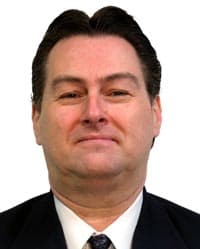
Some associations have long lists of benefits, while others seem to have shorter lists; the key is that the association’s activities are tailored to the segment of the aftermarket its members serve. From my experience, reviewing an association’s benefits list can seem like reading a menu where you’re trying to find the “one thing” that makes becoming a member worthwhile. I want to offer something different than the one thing rationale for joining a trade association.
A few years ago, I had the good fortune to hear the late industry icon Steve Handschuh speak at a trade association event hosted by the CAWA- Representing the Automotive Parts Industry. Steve had a long and distinguished career in the automotive aftermarket, with roles that included being the president of NAPA and the Senior Vice President of Commercial at AutoZone. At the time of the CAWA event, Steve was presenting on behalf of the Motor & Equipment Manufacturers Association (MEMA), one of the most significant associations in the aftermarket. Steve concluded his presentation with what I felt was the definitive answer to why we should all join a trade association, “Because they have your back.” I’d like to bring some credence and relevance to this statement.
It is not unusual for an aftermarket participant to think of a new car dealer as one of their prime competitors. Now think about the resources a new car dealer has at its disposal to help them succeed, the power and resources of the car maker. A new car dealer has built-in help with marketing, training, financing, and equipment programs facilitated by the car maker. Dealers even have regulatory and legislative representation via the National Automobile Dealers Association (NADA), a well-funded force for lobbying our lawmakers at the federal level, and equally strong associations for representation at the state level.
Whom do we have? We have each other. This is what a cooperative association can do for each market segment; bring members together as advocates for one another. But does the process work? I can tell you from personal experience with CAWA, yes, the process works if we collectively work the process. In 2012, CAWA and the Automotive Service Councils of California (ASCCA) led a grassroots effort to defeat a bill that would have allowed a particular car maker the right to withhold information needed to make replacement keys. Essentially speaking, this bill would have required car owners to return to their dealerships for simple key replacement and unlock services. A bad law for consumers and a slippery slope for the aftermarket was held in check due to the efforts and work of the two trade associations. This is just one example of how an association can have our back.
Don’t get me wrong. Car makers and new car dealers are not evil empires. We need them to sell cars, they need us to service the preponderance of vehicles that are out of warranty, and occasionally we need each other as a source of parts. However, we have different agendas, and as a result, we have different needs. This is why we need state and national associations tailored to each segment of the automotive aftermarket, we need them to have our backs, and each of us should join an association that best serves our specific needs.
Steve Sharp’s career began in his father’s repair shop in 1967 and then moved to the parts side of the industry in 1973. For the last 48 years, Sharp has worked exclusively in the replacement parts segment of the automotive aftermarket. In 1988, Sharp began what would turn out to be a 33-year career with WORLDWIDE Trading Company/ WORLDPAC, from which he retired in 2021. He is currently studying for his master’s degree. Sharp can be reached at sharpsauto@yahoo.com


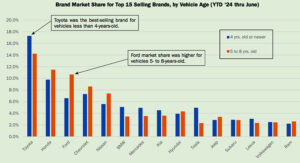


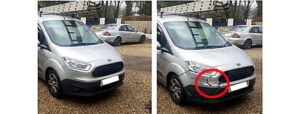
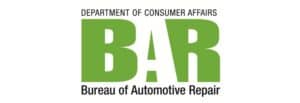

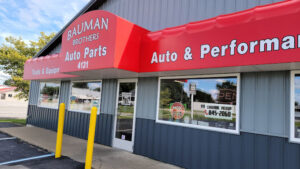




Comments are closed.